Language
WORLDWIDE SHIPPING
Poultry shears
€20.10
€16.48
Availability:
In stock
Robust, precise and designed for professional use, the HENDI poultry shears are made from a single piece of forged chrome molybdenum steel, a material known for its resistance, durability and ability to maintain a sharp edge over time.
Thanks to the quality of the workmanship and attention to detail, this tool guarantees high performance even in the most intense uses. The handle design has been studied to avoid the accumulation of food residues in the junction area between the blade and the handle, thus ensuring greater hygiene during use.
The handle, in ergonomic and profiled POM plastic, offers a firm and comfortable grip, even during prolonged work. Each shear is individually packaged in a plastic blister, ideal for ensuring protection and hygiene until the moment of use.
Perfect for cutting bones and poultry meat with precision and safety, it is an indispensable tool in both professional and domestic kitchens.
Thickness: 5.8 mm
Blade length: 140 mm
Width: 260 mm
FAQs

 IT
IT FR
FR
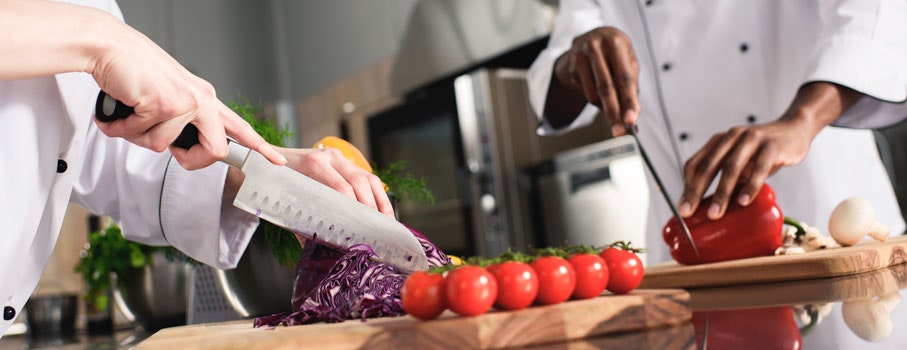
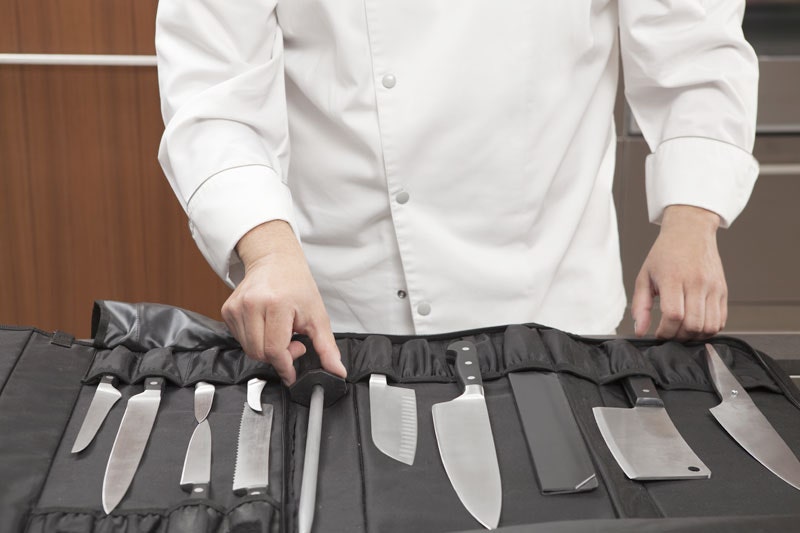
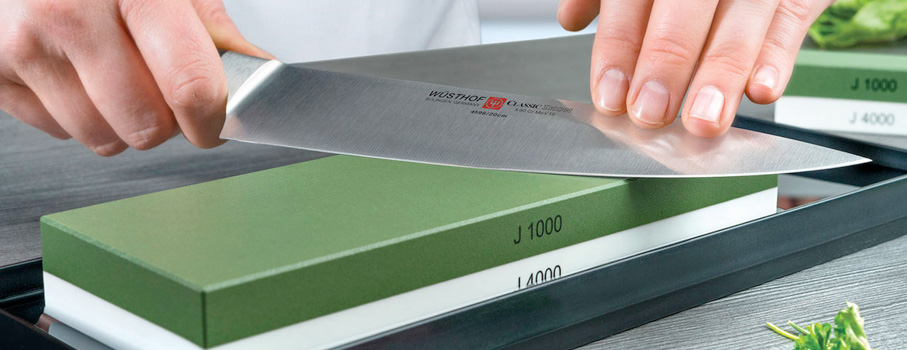
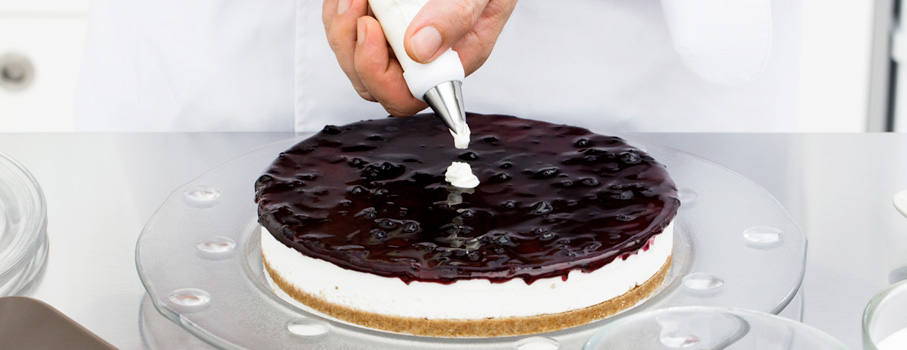

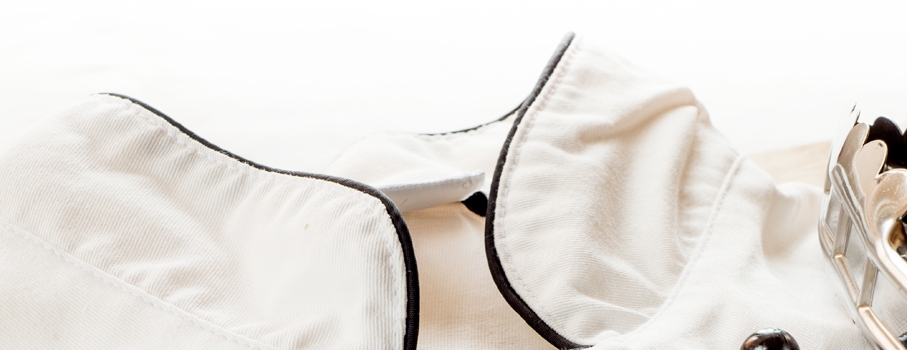
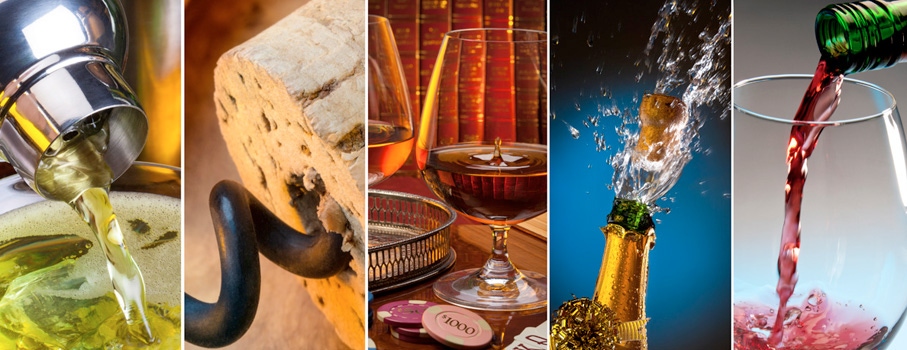
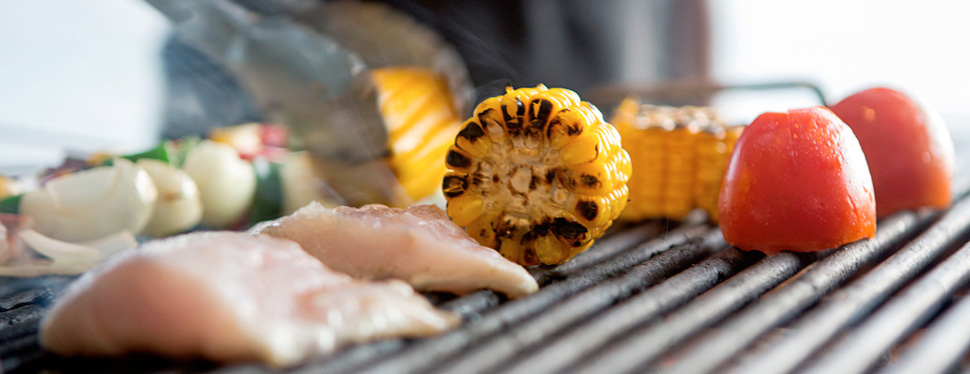

 IT
IT FR
FR
